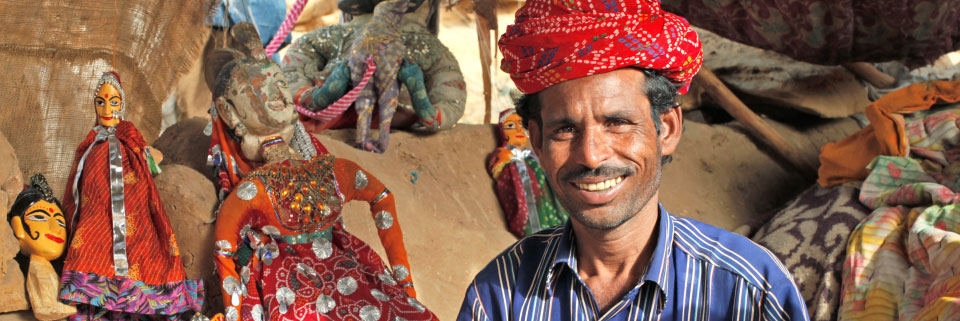NEIGHBOURHOOD DIALOGUE


OUR APPROACH TOWARDS BUILDING A NEIGHBOURHOOD DIALOGUE IS BASED ON THE GLOBAL PRINCIPLE OF FREE, PRIOR AND INFORMED CONSENT (FPIC), WHEREIN DISCLOSURE OF RELEVANT PROJECT INFORMATION, CONSULTATION AND PARTICIPATION OF ALL AFFECTED COMMUNITIES, ARRIVING AT MUTUALLY ACCEPTABLE SOLUTIONS ADDRESSING MATERIAL CONCERN TO STAKEHOLDERS, INCLUDING AFFECTED COMMUNITIES, IS DONE.
The Environmental and Social Impact Assessments (ESIA) conducted for all new projects help in early identification of potentially affected communities in the project development stage. Our community relations team connects with identified communities to assess and manage environmental and social risks, and arrive at mutually acceptable solutions. During the operational phase, these teams undertake ongoing consultation with interested and affected parties to manage changes in the risk profile of our operations and sustain our positive relationship with communities.
Our Cultural Heritage Land Acquisition and Resettlement Standards include consideration of Indigenous People, and have been developed to reflect relevant ICMM guidance (including ICMM Guidance Document: 'Indigenous Peoples and Mining') and IFC Performance Standards. We established a Guidance Note addressing Indigenous People/Vulnerable Tribal Groups to help operations understand these standards.
The core aim of the standard is to enable our teams to engage, negotiate, and partner with IPs/VTGs to avert negative impacts and risks for all stakeholders while establishing new projects. The standard helps to identify the unique characteristics and expectations of each group in the neighbourhood resulting in the creation of economic and social development opportunities.
We rolled out the IPs/VTGs standard along with an international consultancy to implement train-the-trainer training for key staff members.
| Community Needs Assessment |

Understanding community needs and expectations is an intricate process, but is imperative for our operations.
Two years ago, we completed our most comprehensive, structured, and collaborative community engagement to date, in partnership with government and non-government organisations active in remote regions of India. This exercise was done to help us create medium and long-term development plans in participation with our stakeholders and covered communities adjacent to our sites.
Each community group (including women and marginalised individuals) had the opportunity to freely voice their opinions without fear. One of the main concerns that came to the fore was related to livelihoods (in terms of either employment or supplier opportunities with Vedanta).
This valuable feedback saw many of our businesses develop vocational training projects. As on date, all of our subsidiaries and divisions have completed the study or are in the process of completion, and the rest have committed to work on it.
Based on the results of the assessment, we zeroed in on pivotal needs of the communities and are spearheading projects to address the same. For example, in locations where we cannot provide employment, we are exploring vocational training (for example, in brick manufacturing), entrepreneurship options (focusing on women), and other employability routes.
Our ambitious Nand Ghar project has been designed such that, in addition to providing pre-primary education to children, its infrastructure can be used to train villagers and enhance the income generation in rural India.
| Community Grievance Mechanism |
Grievances, if unaddressed, can escalate into significant issues or disputes, which may have the potential to disrupt operations as well.
In accordance with our Grievance Mechanism standard, the concerned department addresses any grievances wherever possible. We also have a mechanism, wherein unresolved grievances are escalated to senior management for their perusal and decision-making. We continually improve our grievance redressal process to align with international good practices to guarantee timely and appropriate resolution of grievances.
All community incidents (social and labour) and grievances are recorded and categorised as:
NEGLIGIBLE (1) MINOR (2) MODERATE (3) SERIOUS (4) OR DISASTROUS (5).
An online feedback form is also available in the Sustainable Development section of our website. Similar mechanisms are communicated as part of our annual Sustainable Development Report allowing reviewers to submit their comments and feedback with respect to the report.
At Group level, we have a dedicated email address – sustainability@vedanta.co.in, for all external grievances
All issues, feedback points, and grievances raised are recorded and contribute to our continual monitoring and understanding of stakeholder interests and advise our materiality review.
How We Performed
A total of
1,059
community grievances
were recorded across our businesses, of which
1,017
were actionable and were resolved in a timely manner.
Out of all the registered grievances, we didn't observe any significant incident related to violation of human rights.
Further no category 4 or 5 social and labour incidents were recorded in FY 2016-17, although lower-level incidents such as village road blockages and strikes were recorded, particularly related to employment and contractor issues, infrastructure projects, and some operational issues including land and traffic management.


